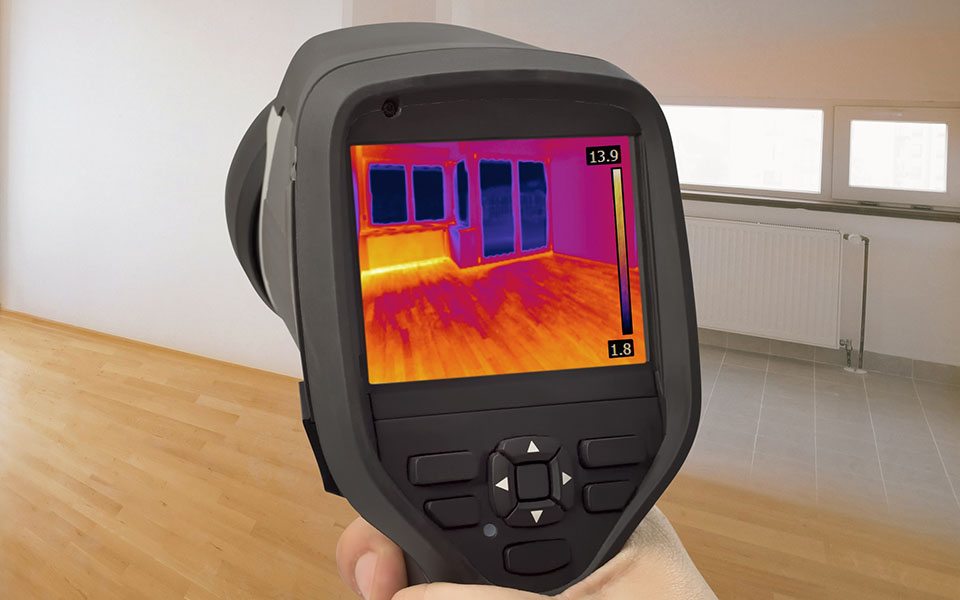FAQ
What is 7 start energy rating?
A 7-star energy rating indicates a high level of energy efficiency, used in Australia to measure the performance of buildings and their components. This rating is part of the National House Energy Rating Scheme (NatHERS) and is applied to residential buildings, including homes and apartments.
7-star homes need approximately 20 to 25% less energy than 6-star homes for heating and cooling, lowering heating and cooling energy costs.
Are uPVC windows and doors 7 start suitable?
When aiming for a 7-star energy rating for your new home, uPVC windows and doors are your best choice. At BlueSky Windows, we prioritise the value of your investment by offering products that deliver exceptional energy performance.
Our uPVC windows and doors provide unmatched energy efficiency with a low U-value of 1.4. In comparison, aluminium windows typically have a U-value of 3.5 for double glazing or 5-6 for single glazing. This means our uPVC products significantly reduce heat transfer, helping you achieve superior energy savings and comfort in your home.
Choose BlueSky Windows for your next project and experience the benefits of advanced energy efficiency and long-term value.
What types of windows and doors are suitable for a Passive House?
BlueSky Windows proudly holds the distinction of having certified the very first Passive House in Australia. As leading and certified Passive House consultants, we value the trust you place in our expertise.
When selecting uPVC windows and doors for a Passive House, key factors to consider are airtightness, U-value, and Solar Heat Gain Coefficient (SHGC). Our range of high-quality products—including Hinged and French doors, as well as Tilt-and-Turn, Tilt-and-Slide, and Lift-and-Slide systems—are designed to help you achieve Passive House standards.
There are other aspects for your project to consider such as – glazing, spacers, insulating taping etc.
For a comprehensive consultation on achieving your Passive House goals, contact one of our specialists today.

